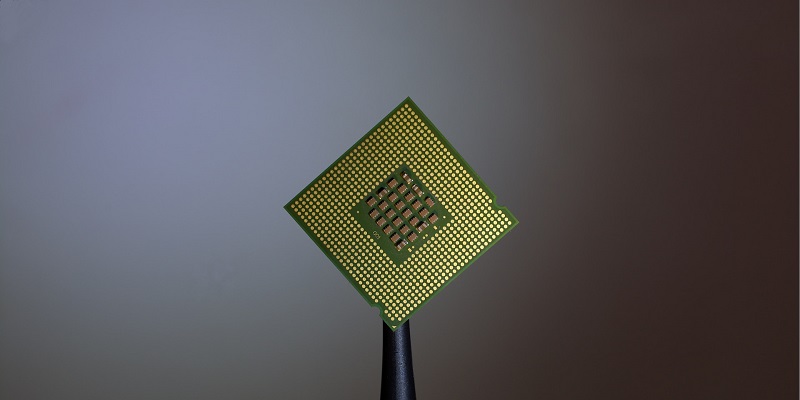The era of Intel’s Cascade Lake lineup for High-End Desktop (HEDT) and Workstation CPUs has come to an end. This move marks a significant transition for Intel as it discontinues the lineup and makes way for new developments in its product offerings. Let’s delve into the details of this discontinuation and explore its implications.
Transition to Xeon branding
With the discontinuation of the Cascade Lake lineup, Intel bids farewell to the Core branding within the HEDT (High-End Desktop) family. Existing chips now solely utilize the Xeon branding. This shift signifies Intel’s strategic intent to streamline its branding strategy and align its product offerings across different market segments.
Target audience and purpose
The Cascade Lake-X ‘Core-X’ CPUs were tailored for high-end desktop systems, catering to the needs of gamers, enthusiasts, and professionals alike. These processors were revered for their exceptional performance, overclocking capabilities, and the ability to handle demanding tasks with ease. However, Intel’s decision to discontinue the lineup might leave some in its target audience seeking alternative options.
Notable SKUs in the lineup
Within the Cascade Lake lineup, several SKUs stood out for their impressive specifications and performance. Noteworthy processors included the Core i9-10980XE, i9-10940X, i9-10920X, and i9-10900X. These CPUs boasted impressive core counts, high clock speeds, and advanced features, empowering users to tackle resource-intensive tasks effortlessly.
Cascade Lake-W lineup
Apart from the HEDT segment, Intel also released the Cascade Lake-W series, featuring the Xeon W-2200 lineup. However, it is important to note that only the W-2200 series has been discontinued, while the W-3200 lineup continues to be available. This distinction highlights Intel’s commitment to catering to the specific needs of the workstation market.
Grace period for pending orders
To ensure a smooth transition, Intel offers a grace period for fulfilling all pending orders related to the Cascade Lake lineup. The company has set the discontinuation date on April 26, 2024, and expects all pending deliveries to be shipped by January 31, 2025. This grace period provides customers with ample time to adjust their plans and seek alternative solutions.
Competition with AMD’s Threadripper
Intel’s Cascade Lake lineup faced stiff competition from AMD’s Threadripper CPUs. AMD’s processors consistently offered superior core counts, higher cache capacities, increased thread capabilities, and enhanced I/O capabilities. This allowed AMD to gain traction in the HEDT and workstation markets, challenging Intel’s dominance.
Future Speculations: Sapphire Rapids CPU Refresh
Looking ahead, rumors are circulating about Intel’s upcoming Sapphire Rapids CPU refresh. It is speculated that Intel will launch the Xeon W-2500 and Xeon W-3500 CPU series in the coming year. This potential refresh presents an opportunity for Intel to regain its competitive edge and address the evolving demands of gamers, enthusiasts, and professionals.
Intel’s decision to discontinue the Cascade Lake lineup signifies a significant shift in its CPU offerings for the HEDT and workstation markets. As the last Core-branded SKUs within the HEDT family, these processors served a diverse range of users but ultimately struggled to keep up with the increasing competition from AMD’s Threadripper CPUs. The discontinuation announcement brings both challenges and opportunities for Intel. As customers navigate the transition, it remains to be seen how the market will respond and what innovations Intel will bring forth with its upcoming Sapphire Rapids CPU refresh.

